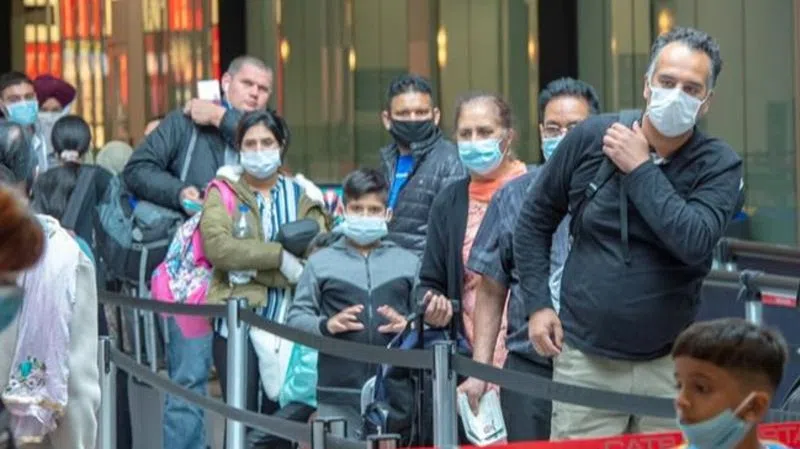
Gatherings restricted, schools closed: What’s being done to fight COVID-19
The COVID-19 pandemic has affected every province and territory. Canada’s chief public health officer and her provincial counterparts are encouraging people to wash their hands, give each other space and wear a mask if they are sick.
Ottawa has put money into health-care research and the economy. It has also put restrictions on international travel and is mandating 14-day quarantines for travellers returning to Canada to try to limit spread of the novel coronavirus.
The border with the U.S. has been closed to all non-essential traffic.
Classes are suspended or cancelled at schools throughout the country.


